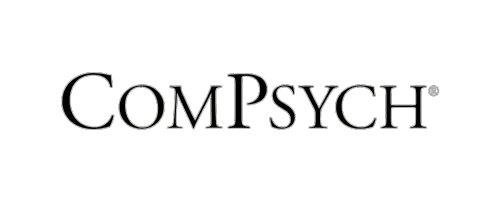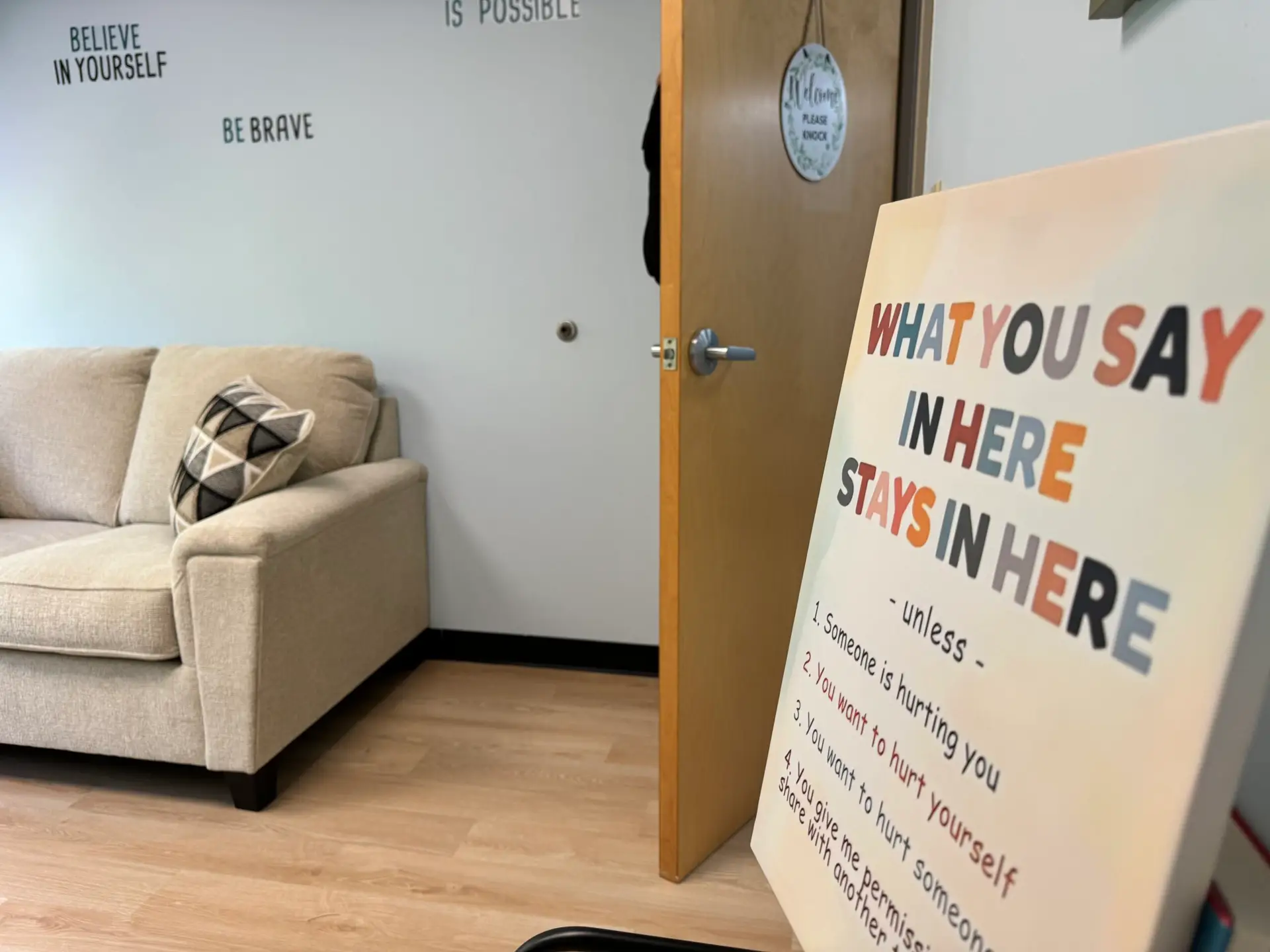- Locations
- Woburn Location
- Newton Location
- Treatment Services
- Conditions Treated
- ADHD Treatment Newton
- Dissociative Disorder Treatment Newton
- Process Addictions Treatment Newton
- Depression Treatment Newton
- Grief & Loss Treatment Newton
- Anxiety Treatment Newton
- OCD Treatment Newton
- PTSD Treatment Newton
- Self-Harm Treatment Newton
- Body Image Treatment Newton
- Bullying Treatment Newton
- Panic Disorder Treatment Newton
- Social Anxiety Treatment Newton
- Suicidal Ideation Treatment Newton
- Trauma Treatment Newton
- Norwell Location
- Treatment Programs
- About Us
- Resources
- Verify Insurance
- Contact
















